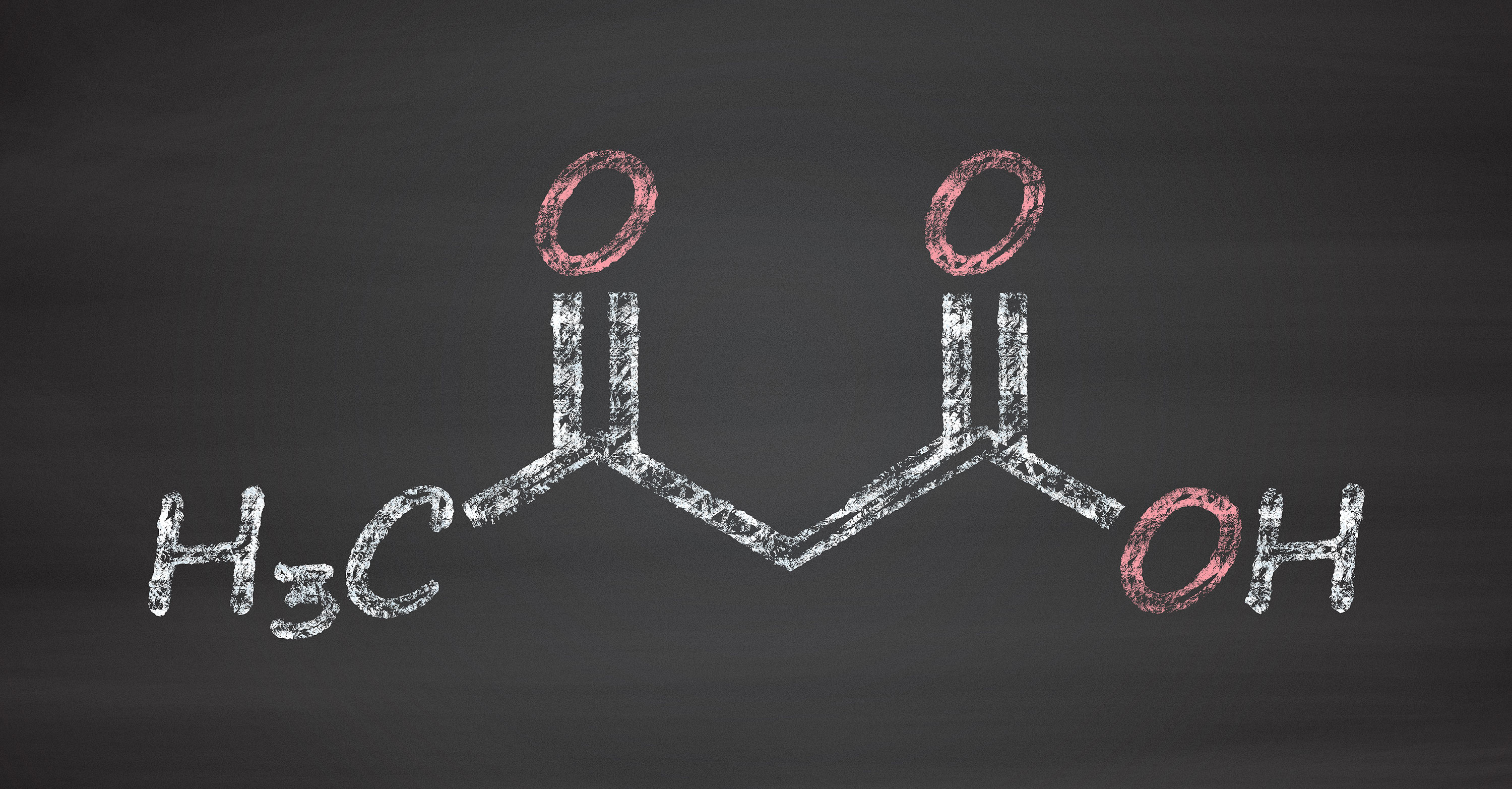Despite our wishful thinking, there is no magic solution to weight loss. It is all about input and output and unlike our bank accounts when it comes to weight loss, withdrawal is preferred to deposits.
Bearing no endocrine or other medical causes for weight gain or inability to lose weight, which we can evaluate, any hypocaloric diet would lead to weight loss and yet, long-term success is often difficult to achieve.
There is a physiological reason for this and understanding it may help you become more successful. The human body prefers to use glucose as an energy source and glucose is regulated by the hormone insulin.

The Role of Insulin
As long as insulin levels are high, it is difficult to burn other sources of fuel such as proteins and fats. In addition to the glucose that we get in our diet (mostly in the form of carbohydrates), the liver can produce glucose by a process called gluconeogenesis and glucose is also stored in our muscles in the form of glycogen. Glycogen can be broken down to glucose via a process called glycogenolysis.
Furthermore, overweight or obese individuals have insulin resistance resulting in excess insulin production further increasing the difficulty in losing weight.
In order to lower insulin levels and thus shift from glucose metabolism to fat metabolism, you must minimize the carbohydrate intake, minimize liver glucose production and muscle glycogen stores. When this occurs, the body shifts to protein and fat metabolism.

Protein Metabolism
Proteins are the building blocks of our muscles and shifting to protein metabolism means breaking down the muscles which would be counterproductive as you would lose lean body weight.
In addition, as muscles break down to their amino acid ingredients, some of the amino acids can be converted into glucose, a process that can also lead to a slower metabolism.
This is why when you start a restrictive diet, after an initial weight loss, there is a plateauing effect and even weight gain. Therefore, it is important to minimize protein and muscle loss during weight loss. Ideal high quality and bioavailable proteins must be included in any diet, but not high animal proteins which would often be accompanied by a high-fat content.

Producing Ketones
Once insulin and glucose levels are minimized and protein levels optimized, the body will shift to fat metabolism. The breakdown products of fat metabolism are called Ketone bodies and when ketone bodies accumulate, the body is in a ketogenic state. This happens on a daily basis to some extent for example in the morning after not eating for 6-8 hours.
Ketones can lead to increased mental clarity, appetite suppression, and increased energy. It actually makes sense if you think about it. Think about the cavemen many years ago.
The caveman did not go to the supermarket to get his food but instead had to hunt for food. When food was scarce, days could go by between meals and during this period, he would rely on his fat storage.
This would lead to ketone production resulting in suppressing his appetite and improving his hunting skills by leading to increased energy and mental clarity. While most of us do not hunt for our food today, the physiological changes still hold true.

Our Program
The basis of our diet program is this concept of minimizing the carbs, providing high-quality protein and optimizing fat metabolism. There are medical considerations that need to be addressed, such as the risk of gallstone formations due to the concentration of bile acids, hypoglycemia in patients with diabetes, hypotension in patients treated for hypertension and hyperthyroidism in patients taking thyroid medications for thyroid disease.
As individuals lose weight, changes in medications for blood pressure, diabetes, thyroid and other conditions may need to be adjusted; under our medical supervision, we can make these adjustments in consultation with your other treating physicians.
All patients who join our program will work closely with a coach who is trained to personalize the concept of the Ideal Protein Protocol to their lifestyle, food preferences, and work schedules. The dedicated coach will help patients establish goals and support them throughout the diet program. During the first visit, medical histories will be reviewed, weight, body composition measurements, and vital signs will be taken and the diet protocol will be reviewed with the patients. In addition, patients will be provided several options for breakfast, lunch and snack choices as well as specific instructions for dinner to help them achieve ketosis, the important first step of the diet. Visits are conducted weekly where adjustments to food choices could be made and progress will be assessed.
Dr. Shlesinger is a board certified internist and endocrinologist who supervises the program and available to address questions and help with individualized challenges including in some instances considering FDA approved anti-obesity medications.
Request an Appointment
Please do not include protected patient information in this form. This form is for new patients only. For existing patients, please visit our patient portal.
